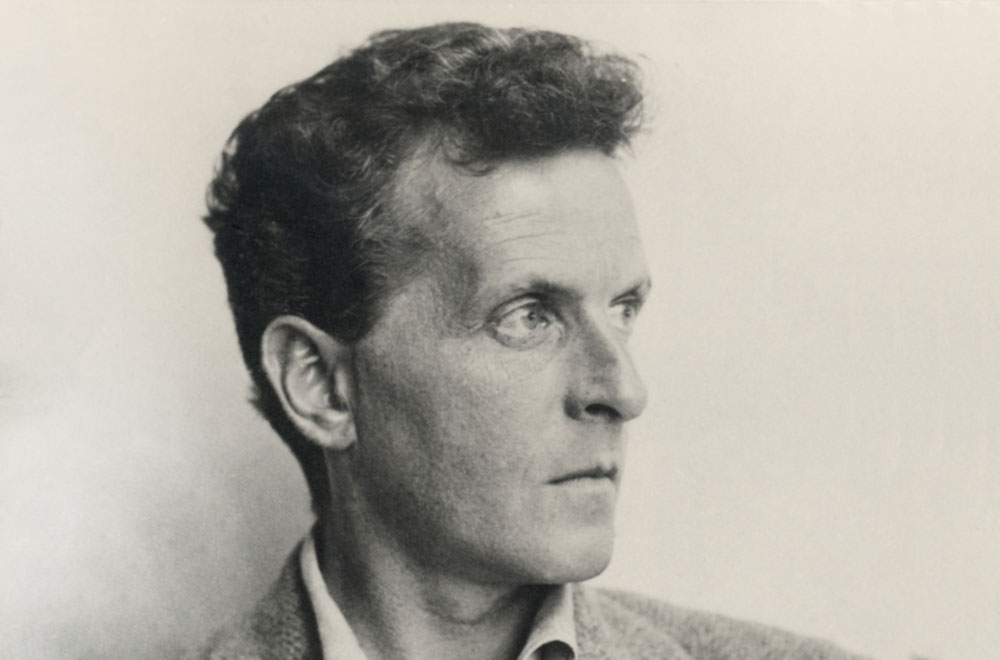Robert Vinten

In his article ‘Epistemic injustice and religion’, Ian James Kidd raises the possibility that some epistemic injustices might be deep in the sense that “the very possibility of credibility or intelligibility is removed, and… this can result from adoption by an epistemic agent of a certain worldview” (Kidd, 2017, 393). To spell out exactly what might be involved in deep epistemic injustices, especially those involving religious worldviews, an obvious place to look is Wittgenstein’s work on religion. For example, in his ‘Lectures on Religious Belief’ Wittgenstein talks about the “enormous gulf” that exists between someone who believes in a Last Judgement and a person who says “Well, I’m not so sure. Possibly” (Wittgenstein, 53). Moreover, careful reflection on Wittgenstein’s remarks in the ‘Lectures on Religious Belief’ and his late work collected in On Certainty will have implications for how we are to understand the relationships between belief and evidence (OC, §§162, 185, 201-4), for how we are to understand prejudice, and also for the ways in which we might enrich our hermeneutical sensitivities and so Wittgenstein’s remarks are helpful for understanding epistemic injustices more generally.
To join the session on Zoom, use this link.
This is the ninth of a series of RIP seminars within the scope of the activities of the Lisbon Wittgenstein Group, coordinated by Nuno Venturinha.

